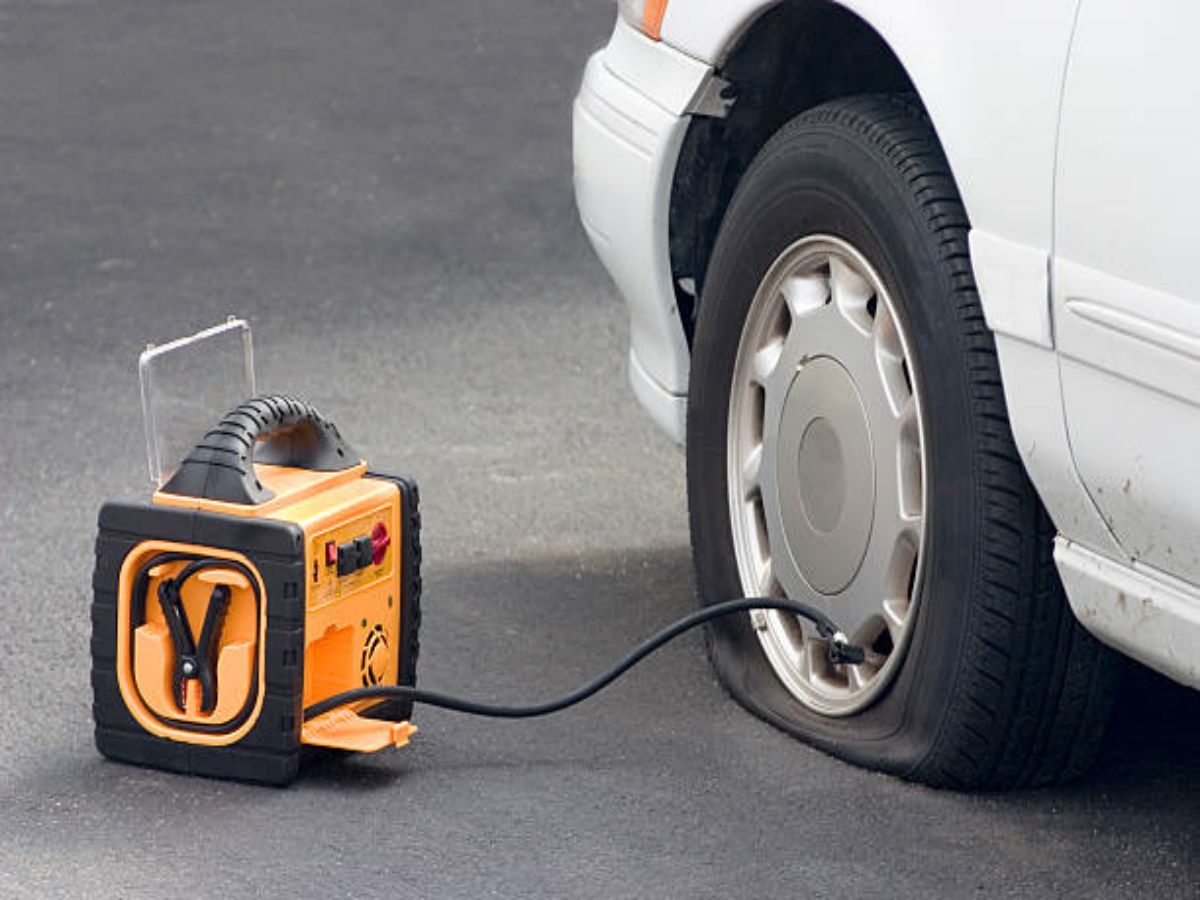The Importance of an Air Compressor in a Car
When it comes to the functioning of a car, there are numerous components that work together to ensure its smooth operation. One such important component is the air compressor. In this article, we will explore what an air compressor does in a car and why it is crucial for the vehicle's overall performance.
1. Definition and Purpose of an Air Compressor
An air compressor is a device that converts power, typically from an engine, into potential energy stored in compressed air. In the context of a car, the air compressor is responsible for compressing the air that is used in various systems within the vehicle.
2. Powering the Pneumatic Tools
One of the primary uses of an air compressor in a car is to power pneumatic tools. These tools, such as impact wrenches and air ratchets, require compressed air to function effectively. The air compressor supplies the necessary compressed air to these tools, enabling mechanics and car owners to carry out repairs and maintenance tasks more efficiently.
3. Tire Inflation
Another important function of an air compressor in a car is to inflate the tires. Proper tire inflation is crucial for optimal driving performance and safety. An air compressor allows car owners to quickly and easily inflate their tires to the recommended pressure, ensuring better fuel efficiency, tire longevity, and overall vehicle handling.
4. Air Suspension System
Many modern cars are equipped with air suspension systems, which offer a smoother and more comfortable ride. The air compressor plays a vital role in maintaining the proper air pressure within the suspension system. It ensures that the vehicle's suspension adjusts to road conditions, providing a balanced and controlled ride.
5. Air Conditioning and Cooling System
The air compressor is an integral part of a car's air conditioning and cooling system. It compresses the refrigerant gas, which then flows through the system, absorbing heat from the cabin and dissipating it outside. Without a properly functioning air compressor, the air conditioning system would not be able to cool the interior of the car effectively.
6. Brake System
In some cars, particularly those with advanced braking systems like ABS (Anti-lock Braking System), the air compressor is involved in the operation of the brakes. It supplies compressed air to the braking system, allowing for quicker response times and more precise control over the braking force.
7. Cleaning and Dusting
An air compressor is also useful for cleaning and dusting various parts of a car. It can blow away dirt, debris, and dust from hard-to-reach areas, making it easier to maintain the cleanliness of the vehicle. Whether it's cleaning the engine bay or removing leaves from the HVAC system, an air compressor is a handy tool for car owners and mechanics alike.
8. Powering Air Bags
In the event of a collision, airbags play a crucial role in protecting the occupants of a car. Some airbag systems rely on compressed air to quickly deploy the airbags in case of an accident. The air compressor supplies the necessary compressed air, ensuring that the airbags inflate rapidly and effectively.
9. Powering Air Horns
Many car enthusiasts enjoy having air horns installed in their vehicles to create a distinctive and attention-grabbing sound. Air horns, unlike traditional electrical horns, require compressed air to produce their loud and powerful noise. Thus, an air compressor is essential for those who want to upgrade their car's horn system.
10. Impact on Fuel Efficiency
Lastly, the overall performance of a car can be affected by the efficiency of the air compressor. A well-maintained and properly functioning air compressor ensures that the engine receives an adequate supply of compressed air, leading to better fuel combustion and improved fuel efficiency.


